In a recent interview on Arise Television’s News programme, Obi, a prominent political figure, made headlines with his unique stance on dealing with criticism. Obi disclosed that he adheres to a personal policy of not responding when his own fathers, a term he uses to describe his elders or mentors, speak about him. This revelation came amidst a heated exchange with Nobel Laureate Wole Soyinka.
Soyinka had previously criticized Obi’s suitability for leading Nigeria, accusing him of inciting his supporters to attack and insult Soyinka, particularly in the digital space. This accusation sparked a significant controversy, leading to Obi’s clarification. During the interview, Obi vehemently denied Soyinka’s claims, asserting that he has never, either directly or indirectly, encouraged any form of disrespect or verbal assault against Soyinka or any other individual.
Obi’s policy of silence in the face of criticism from his elders speaks volumes about his approach to leadership and personal conduct. It underscores a commitment to maintaining dignity and avoiding unnecessary confrontations, even when faced with public criticism from respected figures. This stance is particularly noteworthy in the highly charged arena of Nigerian politics, where public figures often engage in contentious exchanges.
On the other hand, Soyinka’s accusations add another layer to the already complex political discourse in Nigeria. The Nobel Laureate’s concerns about the behavior of Obi’s supporters highlight ongoing issues related to political decorum and the influence of social media on public discourse.
Obi’s response, or rather his decision not to respond, reflects a strategic and perhaps philosophical choice to prioritize higher principles over immediate rebuttals. Whether this approach will serve him well in the long run remains to be seen, but it certainly sets a distinct tone in the ongoing political dialogue.
This incident underscores the challenges and intricacies of political leadership and public engagement, revealing the broader dynamics at play in Nigerian politics.

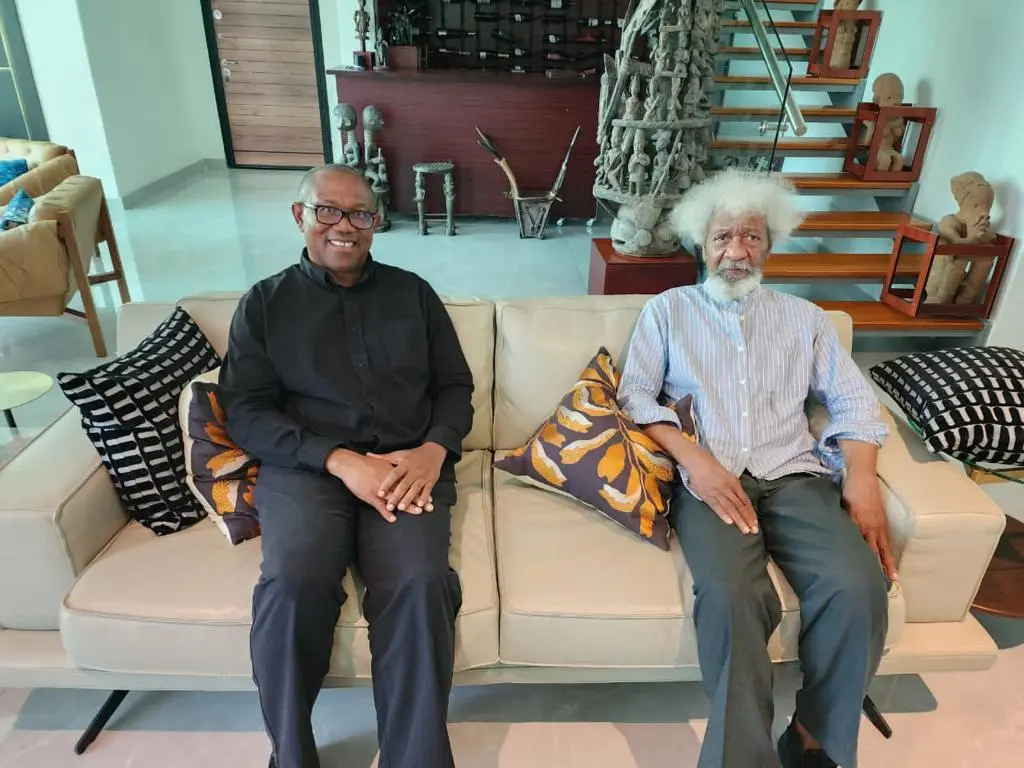


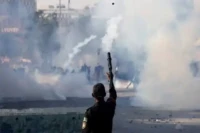
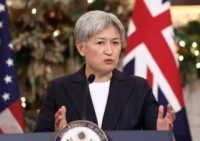
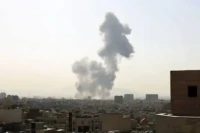

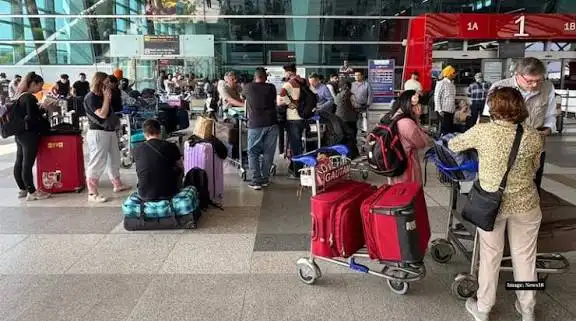

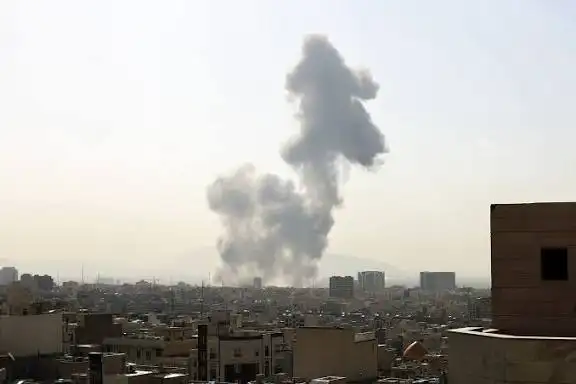
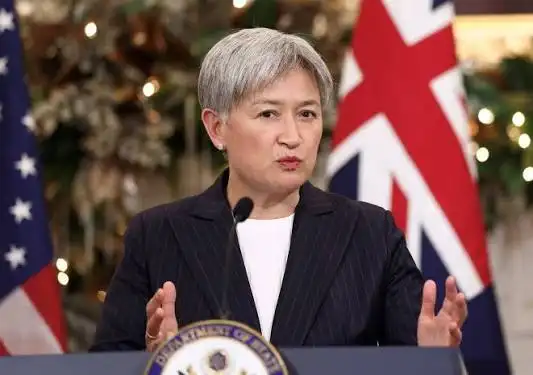
I believe Soyinkas accusations against Obi are justified. Its time for leaders to be held accountable for their actions.
I think Obis silence is strategic and Soyinkas accusations are baseless. Lets wait for the full story to unfold.
I think Soyinkas accusations are exaggerated. Obis policy of silence may have valid reasons. Lets not jump to conclusions.
Soyinkas accusations are based on evidence. Obis silence could be hiding important information. Conclusions are necessary.
I dont buy into Soyinkas accusations against Obis policy of silence. Seems like a case of misinterpretation to me.
You clearly havent looked into the facts. Soyinkas criticism is valid and well-founded.
I think Obis silence is strategic. Soyinkas accusations may be fueled by personal bias. Lets not jump to conclusions.
I think Soyinkas accusations are justified. Obis silence speaks volumes. Time for some transparency and accountability!
Agreed, Obis silence is deafening. Its time for the truth to come out.
I dont buy into Soyinkas accusations against Obis silence. Maybe theres more to it than meets the eye. Lets dig deeper!
I think Soyinkas accusations are baseless. Obi has the right to remain silent. Lets not jump to conclusions.
I think Soyinkas accusations are blown out of proportion. Obis silence may have deeper reasons. Lets not jump to conclusions.
Obis silence speaks volumes, dont dismiss Soyinkas accusations so easily. Actions speak louder than words.
I cant believe Soyinka would accuse Obi of staying silent! Maybe theres more to this drama than we know.
I think Soyinkas accusations are exaggerated. Obis policy of silence could be strategic. Lets not jump to conclusions.
I think Obis silence is strategic, not cowardly. Soyinkas accusations are just a distraction. Lets focus on the bigger picture.
I think Soyinkas accusations are blown out of proportion. Obis policy of silence may have valid reasons. Lets not jump to conclusions.
I dont buy the whole Obis policy of silence narrative. Maybe Soyinka is just trying to stir up drama. What do you think?
Soyinkas credibility speaks for itself. Theres more to it than just stirring drama.
I think Obis silence is strategic. Soyinkas accusations could be a diversion. Lets not jump to conclusions too quickly.
I think Obis silence is strategic, not cowardly. Soyinka needs to look beyond accusations and understand the bigger picture.
I think Obis silence is justified. Soyinkas accusations seem baseless. Lets not jump to conclusions without all the facts.
I think Soyinka is overreacting. Obis silence may have valid reasons. Lets not jump to conclusions so quickly.
Soyinka has a right to express concern. Obis silence raises questions. Lets consider all perspectives.
I think Soyinkas accusations are exaggerated. Obis silence may be strategic, not cowardly. Lets not jump to conclusions.
Soyinkas claims are valid. Obis silence speaks volumes. Dont ignore the signs.
I think Soyinkas accusations are blown out of proportion. Obis policy of silence could be strategic. Lets not jump to conclusions.
Think again. Silence in the face of injustice is complicity. Soyinka speaks truth.
I think Soyinkas accusations against Obis silence are justified. Silence can speak volumes, especially in matters of public interest.
I think Soyinkas accusations against Obis policy of silence are valid. Transparency is key in leadership! What do you guys think?
I think Soyinkas accusations are justified, Obis silence seems suspicious. What do you guys think? Lets discuss!
Do you think Obis silence was strategic or cowardly? Soyinkas accusations raise some eyebrows. Whats your take?
Is Obis silence a strategic move or a sign of guilt? Soyinkas accusations add an intriguing twist to the narrative. Your thoughts?
Is Obis silence justified or a strategic political move? Time to dissect Soyinkas accusations and unravel the truth! #DebateTime
I think Obis silence may be strategic, but Soyinkas accusations are worth considering. Is there more to this story? 🤔
Why is everyone so quick to judge? Lets dig deeper before jumping to conclusions about Obi and Soyinkas situation. #CloserLook
I think Obi should have spoken up sooner! Soyinkas accusations are serious, and silence only fuels speculation. Lets hear the truth!